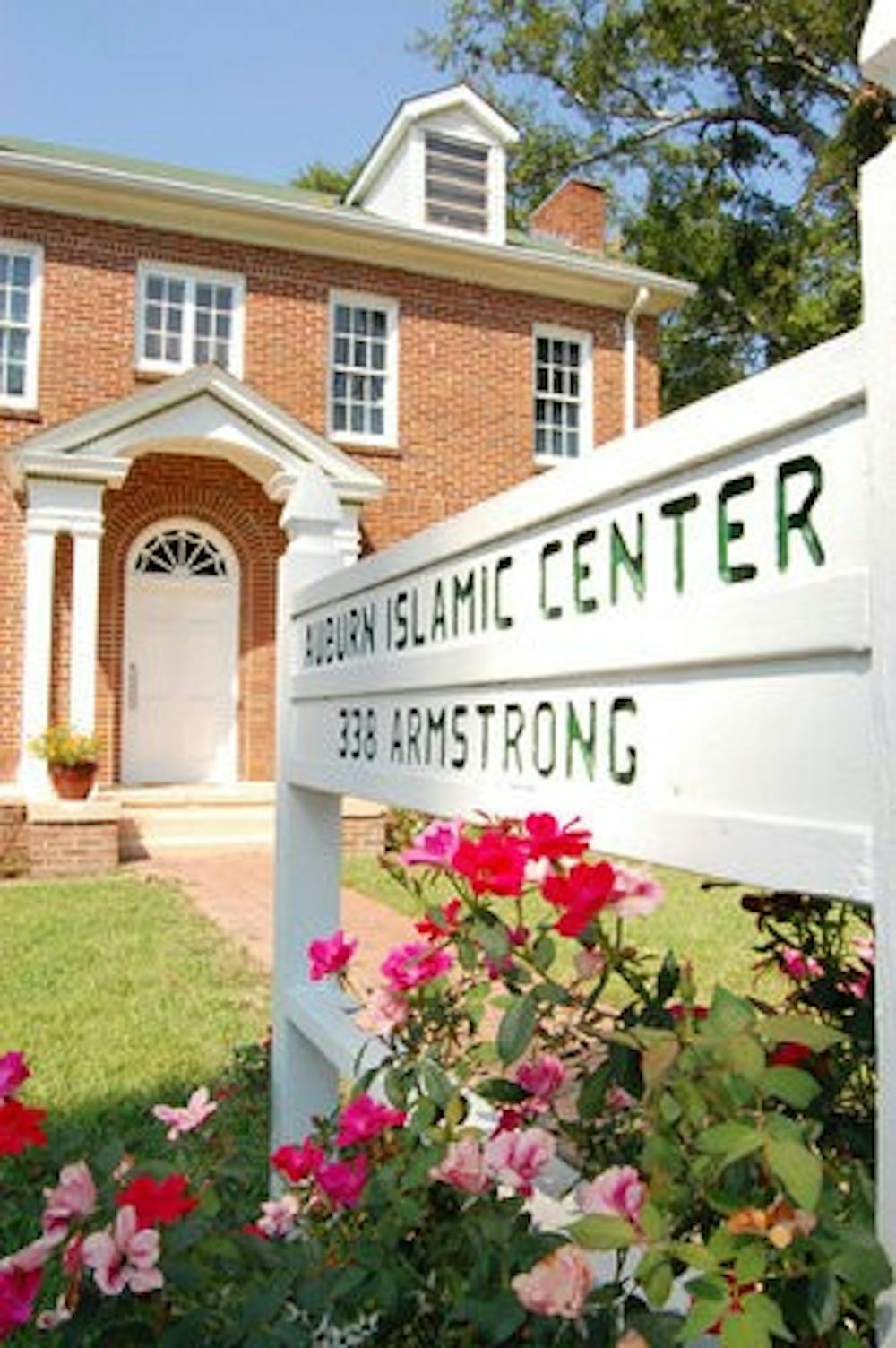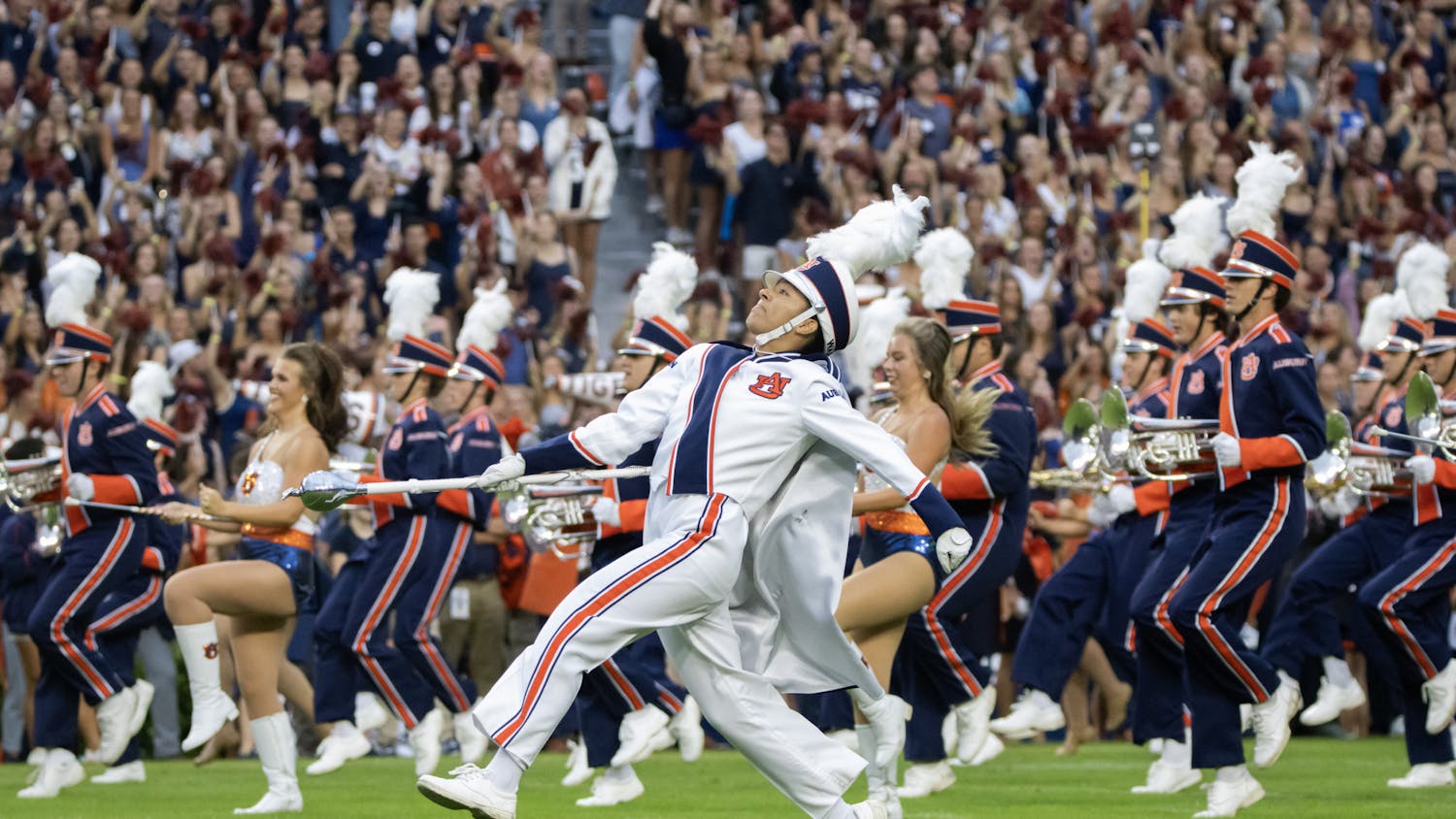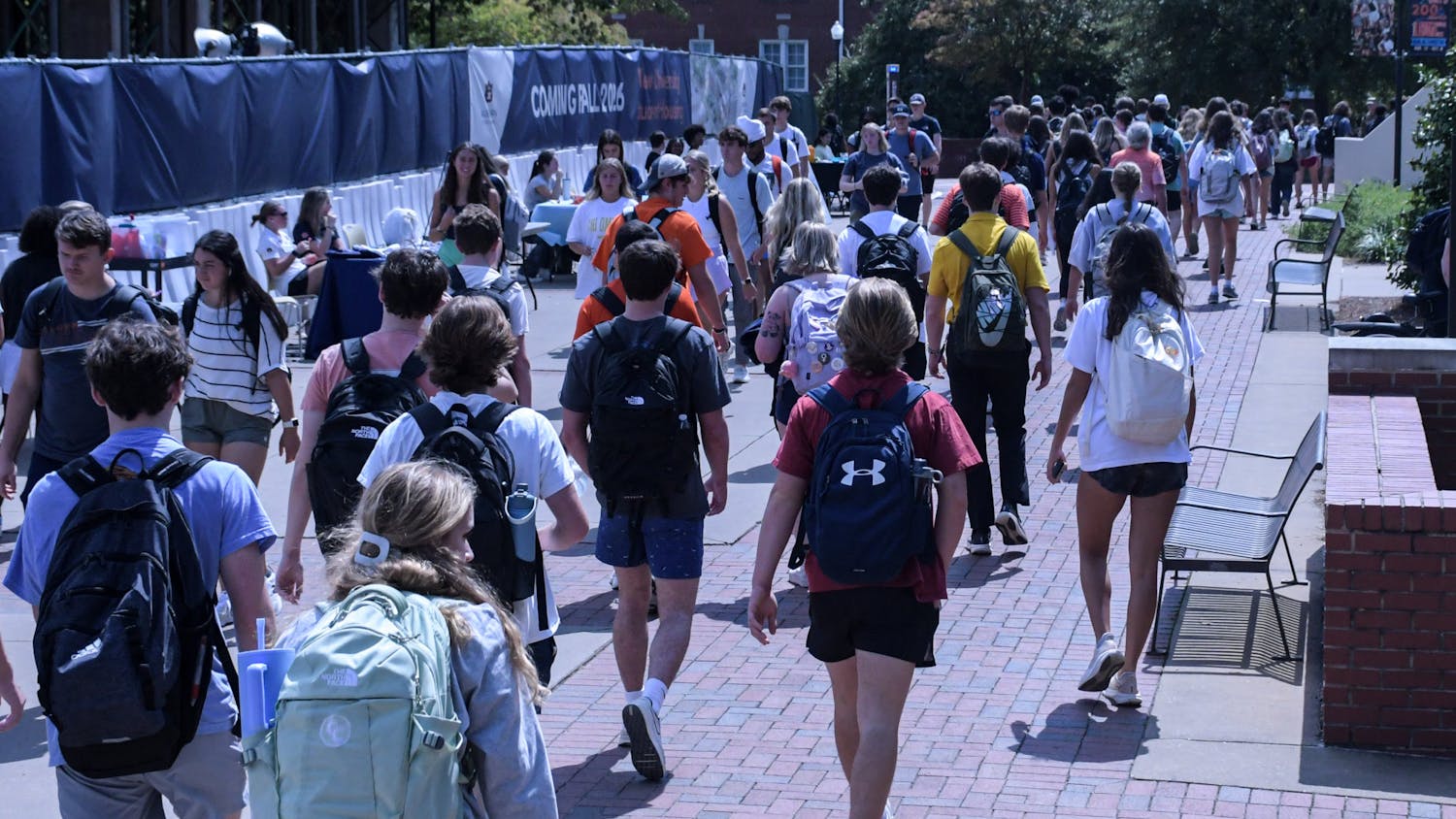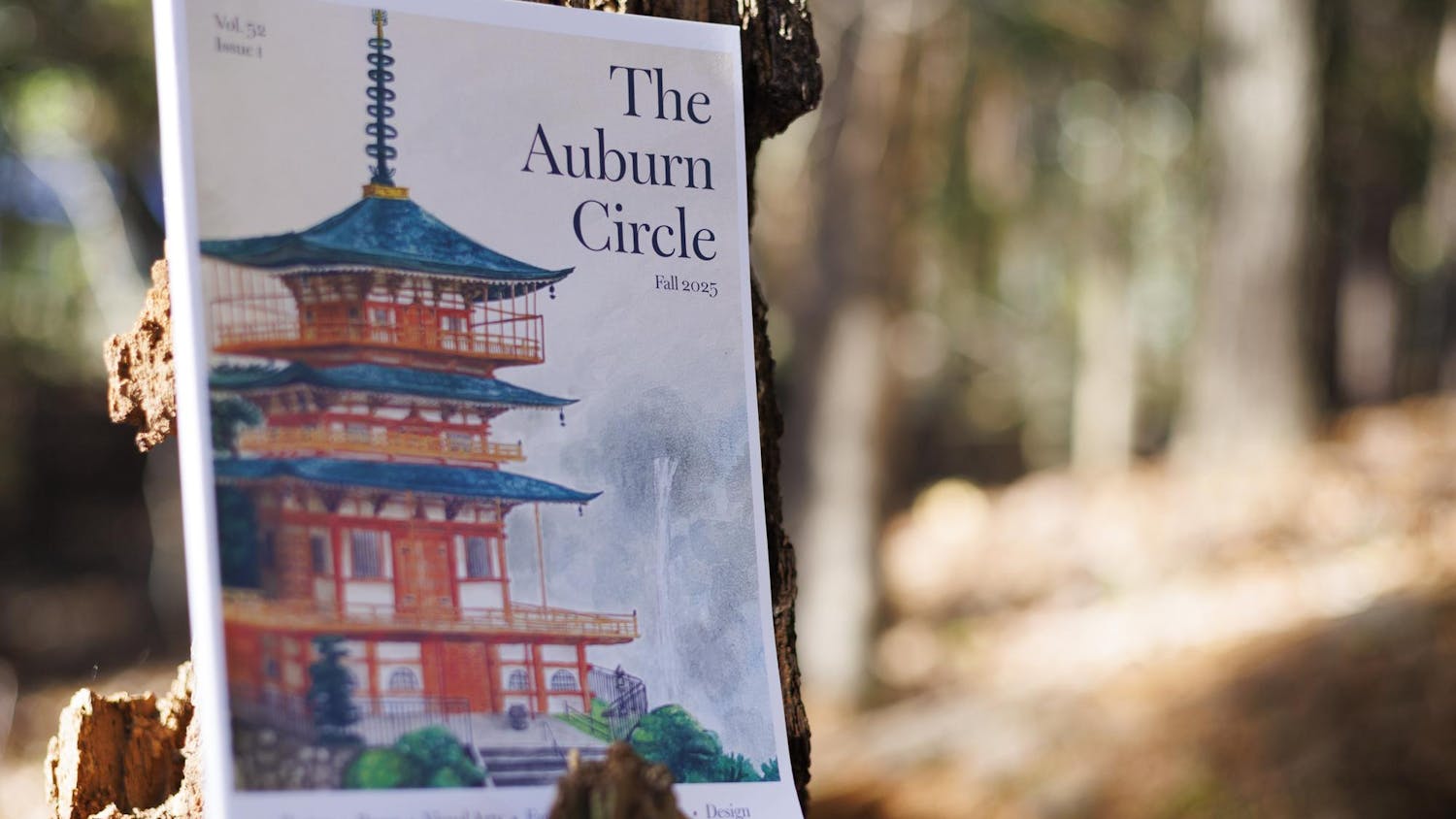There are worse places than small-town Alabama to be a Muslim.
At least, this is the general consensus from Auburn's Islamic community.
According to Asim Ali, information technology specialist for the College of Education, Auburn's attitude toward Islam seems to be largely indifferent or sometimes curious.
"Of course, there's always people who are ignorant, but you can't shape your life around them," Ali said. "You have to find what's positive in a society."
Khawla Suhaila, senior at Auburn High School, had her brush with such people in middle school. Suhaila moved to Auburn in March 2001 and did not experience any negativity for several years.
"Of course, when I came in March, it was before 9/11," she said. "After 9/11, I still didn't see anything different because I was in elementary school. But once I got to the junior high, there were some kids who would say, 'Go back to where you came from.'"
Despite this experience, Suhaila has not had any other problems.
"Kids are a little more immature, and they tend to do that," she said. "Overall, I think Auburn has been exposed to diversity, so they're a lot more understanding than some places, and they're a lot more open."
Ansab Ali, senior in accounting, finance and management of information systems, said he has seen several instances in which non-Muslim Auburn residents have reached out to connect with or defend Islam.
Ansab said after 9/11, Auburn's Muslim community experienced compassion rather than the hatred exhibited in other larger cities.
"People actually sent us letters saying, 'Are you ok?' to our homes and to our local mosque," he said. "Not only people in general, but churches as well sent us letters."
Ansab also said that a recent derogatory letter to the editor published in The Auburn Plainsman regarding Islam sparked a defensive response from the Auburn community.
"To combat this, not only did the Muslims respond, but also students--just random students responded to this, which I found amazing," Ansab said. "You know, I don't even know these people and they're defending Islam."
Despite recent anti-Islamic attitudes in other cities, Auburn has yet to exhibit any similar negativity.
In light of a planned event last month by a pastor in Gainesville, Fla., who would have burned the Quran on television, Suhaila said she did not experience any backlash in Auburn.
"I actually did not see that a lot of my fellow students were aware of the 'Burn a Quran' day," she said. "Students who did seemed to think it was ridiculous."
Asim said he noticed a similar attitude.
"I guess it's kind of fitting with our character as a city--a lot of indifference," he said.
Asim said the only positive thing to come from the experience is that the Christian world was given a greater understanding of the challenges facing Islam.
"Now at least Christians have an idea of what it feels like to have your faith misrepresented across the world by a fringe group of people," he said.
Understanding is a goal that Suhaila encourages as well.
"I would really encourage people to explore the difference between religion and culture," she said.
As a woman who wears a head scarf, Suhaila said a common misconception is that women who wear the scarf are oppressed by their male family members.
"The men who are forcing their wives or daughters are actually breaking religious law," Suhaila said.
The Muslim Students' Association exists on campus to foster understanding.
Their events usually attract a modest showing from students who want to learn about the faith.
"We do a lot of events--we bring in speakers from all around the nation to speak about Islam," said Ansab Ali, president of the organization. "We also have interfaith dialogues with other religions as well, just about various topics."
Do you like this story? The Plainsman doesn't accept money from tuition or student fees, and we don't charge a subscription fee. But you can donate to support The Plainsman.





